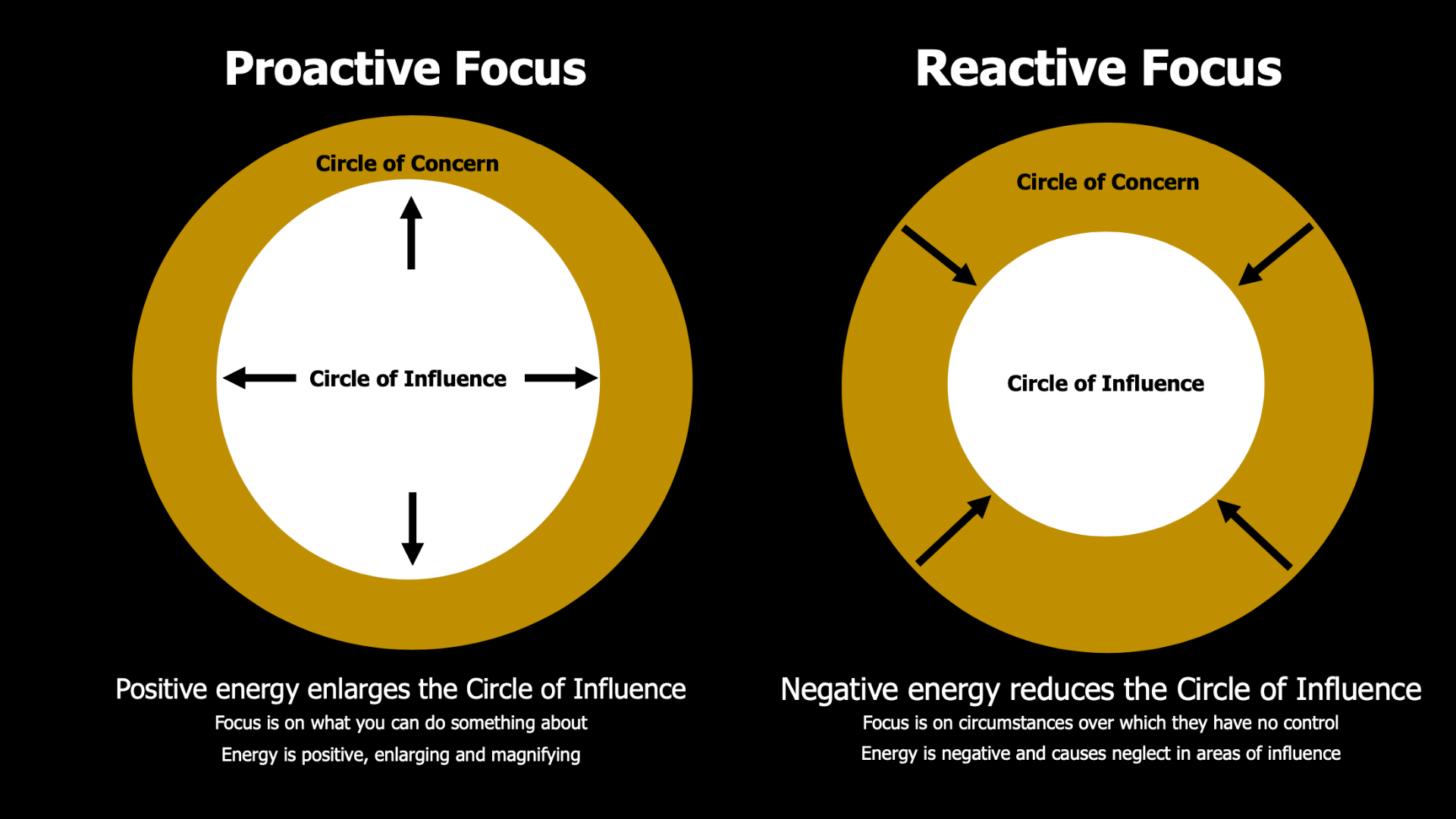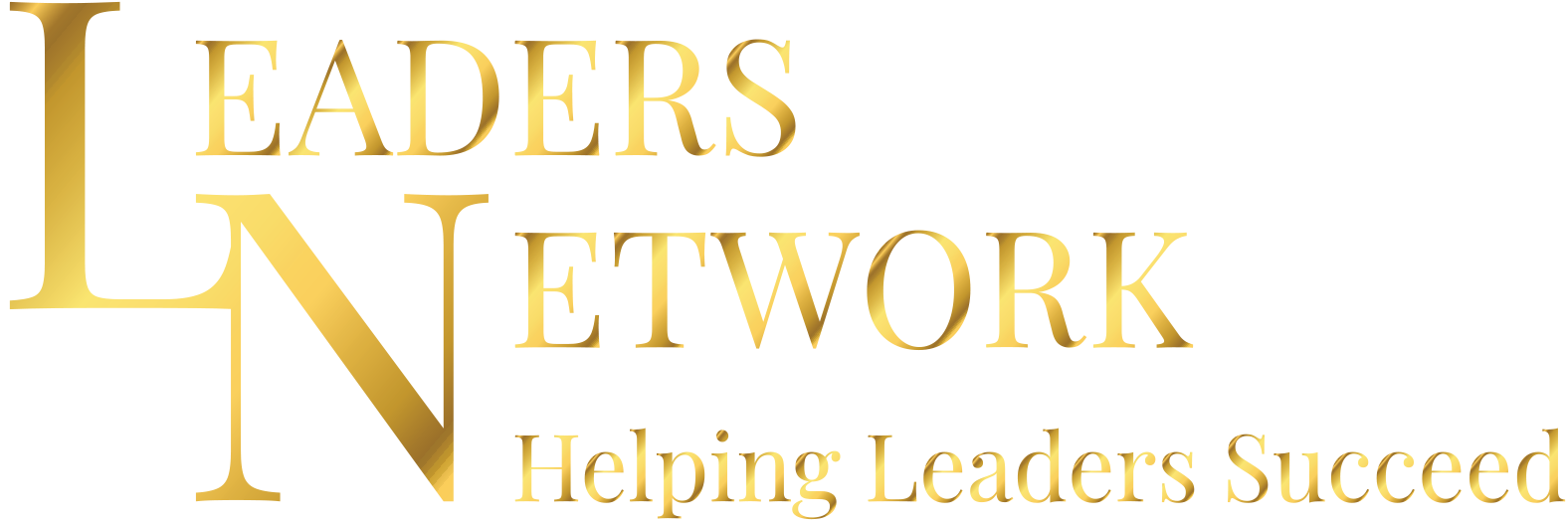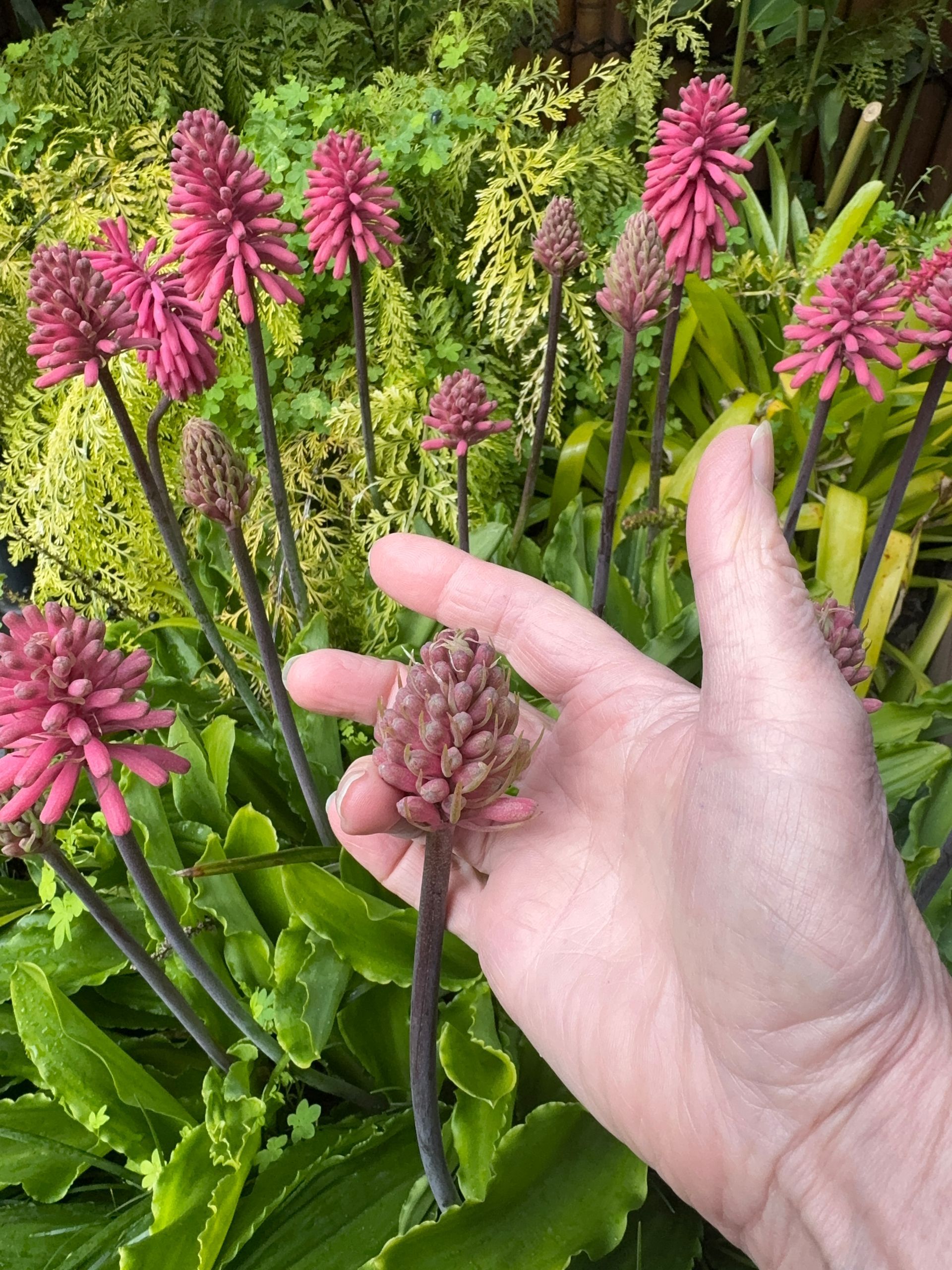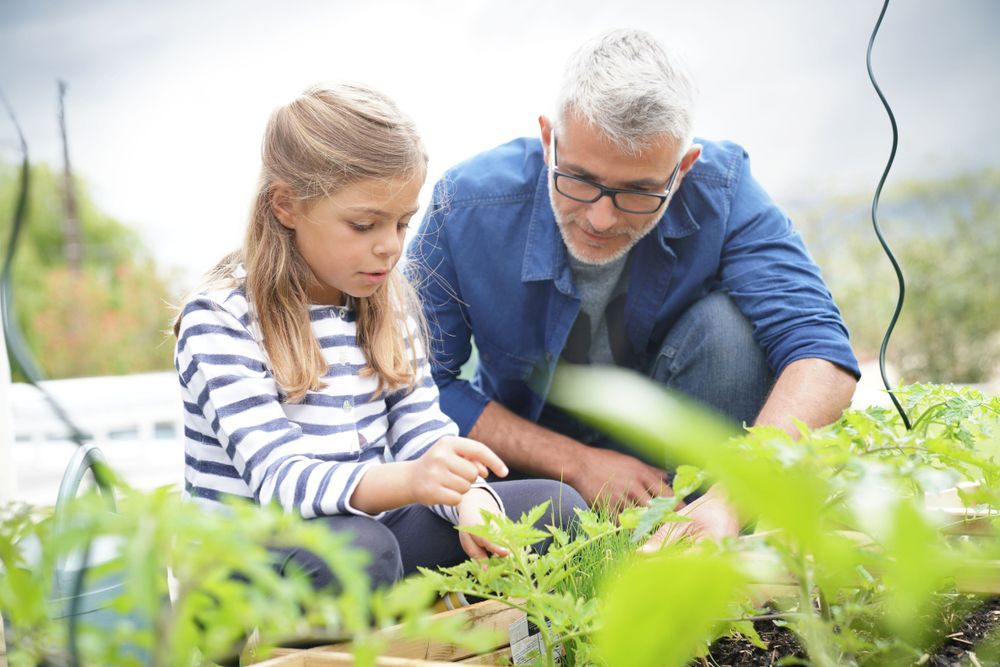Three Powerful C Words for Personal Growth
We are our own worst enemies!

How often have you heard that line or said this to yourself? But what does it mean to be your own 'worst enemy'? A better word to use is an adversary. We are our adversaries. It doesn't have quite the same ring to it…
Either way, we often get in our way, but why? What do we do about it?
"What stands in the way becomes the way." Marcus Aurelius.
Who we are, what we can do, and how we want to be all influence how we show up differently for ourselves and others. Who we are is our character, which includes integrity and intent. What we can do is our competence, which is made up of our capability and the results we can achieve. How we want to be is about compassion. Compassion for ourselves and others. I learned a few years ago that what stands in my way becomes my way, and by this, I mean that whatever it was I was avoiding or trying to sidestep, go around, or ignore was not going to go away until I faced it with courage and compassion based on the competence I have and who I want to be, my character. That was a big lesson, and I learned very quickly that my level of emotional intelligence had a significant role to play.
As leaders in business and life, our character, competence, and compassion manifest in different ways depending on our courage to show up and embrace the uncertainty that comes with letting go of control.
In his book The Speed of Trust, Stephen M. R. Covey outlines that courage is a part of integrity. It is our ability to embrace humility and honesty with ourselves and others, which is congruent with the values and standards we set for ourselves. If we cannot be true to ourselves, how can we be true to others?
Our level of emotional intelligence will influence our actions, enabling us to be the best leaders we can be, the best at the work we choose to do, and the best at living our best lives.
When we are clear on our character, willing to learn and grow our competency, and trust ourselves enough to show compassion, we will develop the courage to let go of the certainty and control we so badly think we need. When this happens, we can be more balanced in embracing uncertainty and all the possibilities that allow life to be great. This takes energy; where energy flows, the focus goes, and actions show.
"The place to begin building any relationship is inside ourselves, our circle of influence, our own character." Stephen R. Covey.
We all have a circle of influence and a circle of concern. Our circle of influence is proactive, and our circle of concern is reactive. When we focus on circumstances that we can do something about, our energy is positive and magnifying, inspiring us to achieve more and be the best versions of ourselves that we aspire to be.
When we focus on circumstances we have no control over, our energy is negative and can cause neglect of areas we can influence. Putting energy into something that does not achieve your desired results is tiring. It starts with how we build the relationship with ourselves, which is influenced by our level of emotional intelligence. As Stephen R. Covey highlighted, "The place to begin building any relationship is inside ourselves, our circle of influence, our own character."
Life is beyond our control. We cannot control the results we will achieve in business, relationships, the weather, the economy, teams, or children. We can decide and control how to inspire, influence and respond. The outcomes we achieve are unique reflections of our actions. Our actions show our focus, which aligns with where our energy flows. When we can inspire possibilities within ourselves to be the best leader we can be, we will be motivated to work more within our circle of influence and achieve more significant outcomes, even without control.

Focus Area One - Character.
Who you are and the type of person you want to be is within your control, within your circle of influence. You may not be able to control what happens to you, but you can control how you respond to what happens to you. Your integrity, courage, humility, intentions, and behaviours influence the type of person you can be.
Focus Area Two - Competence
We are either green and growing or ripe and rotting. Building competence requires constant learning. Living is a lifelong lesson, so the more effort you put into learning, the greater your capability, knowledge, experience, credibility, and results will be.
Focus Area Three - Compassion
Understanding others and being willing to help are linked to our core need to contribute. Be ready to understand other people's viewpoints without necessarily agreeing with them. Respect varied perspectives and understand that two people can disagree and both can be right.
We can inspire and influence others when we can inspire possibilities within ourselves. This is what being a great leader is all about. Leading ourselves and others to be the best we can be and understanding what we can control in our circle of influence is a powerful way to learn and grow throughout life.
If you would like to inspire yourself or others each day, check out the
'Daily Leadership Inspiration Calendar'
at Leaders Network.





